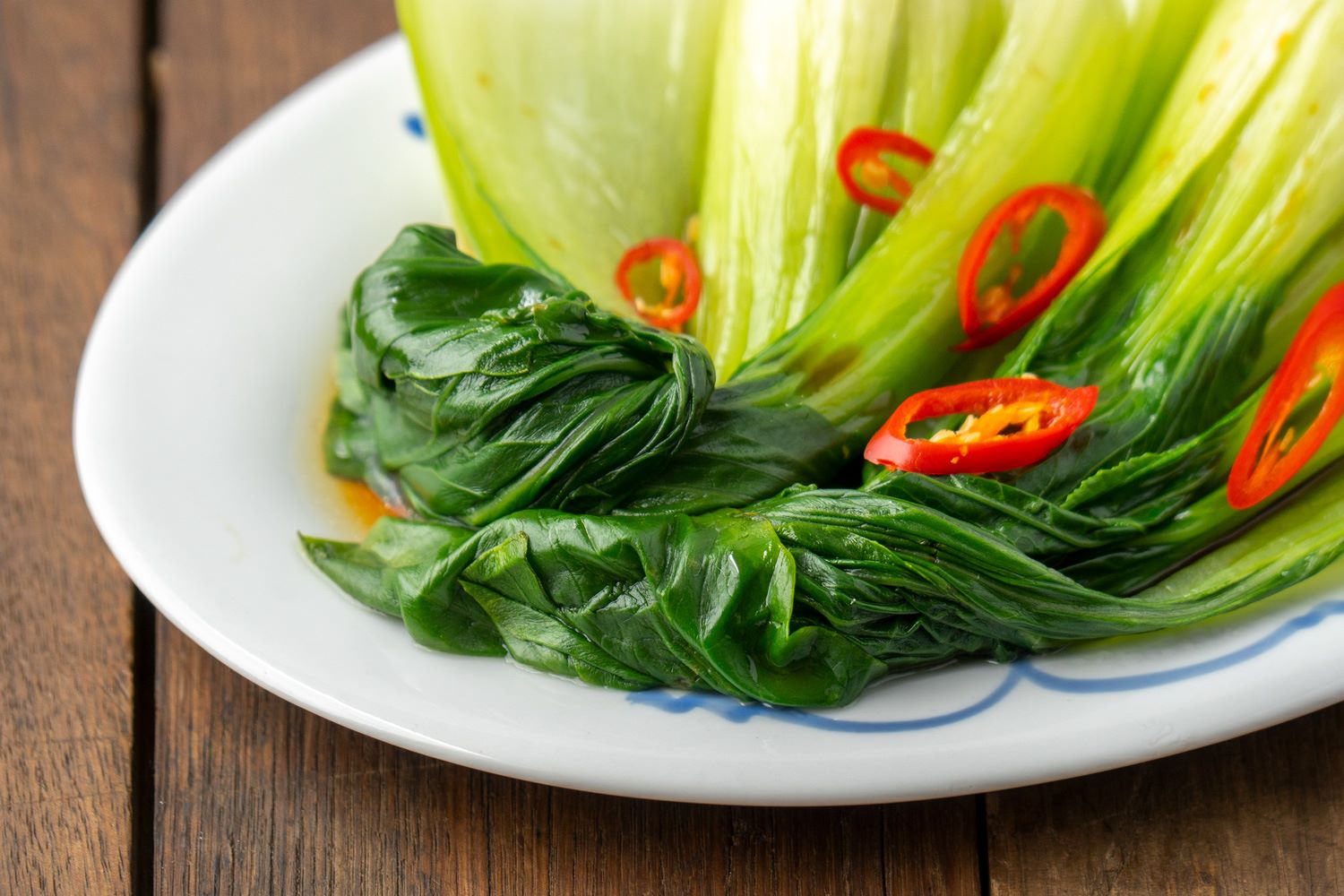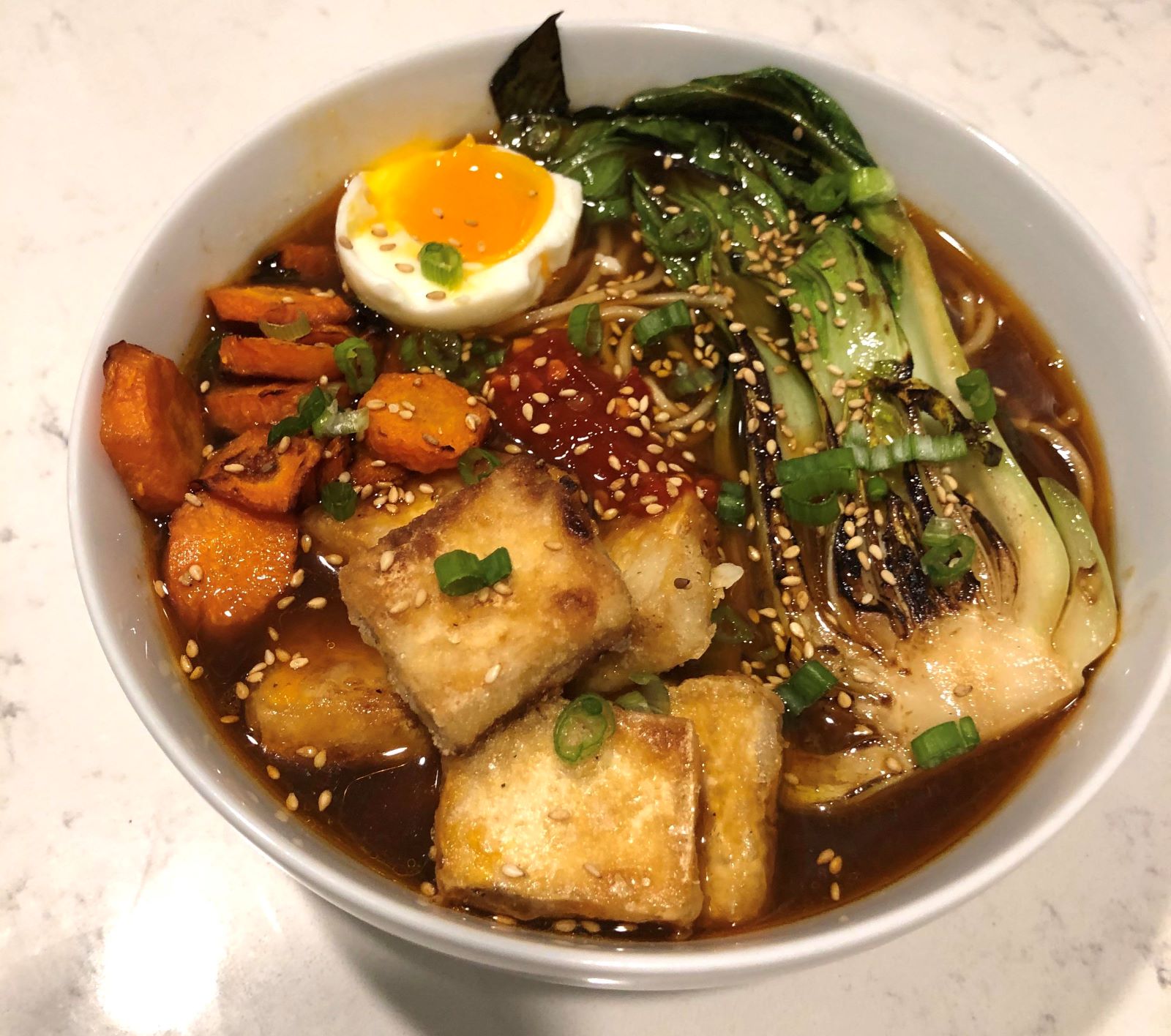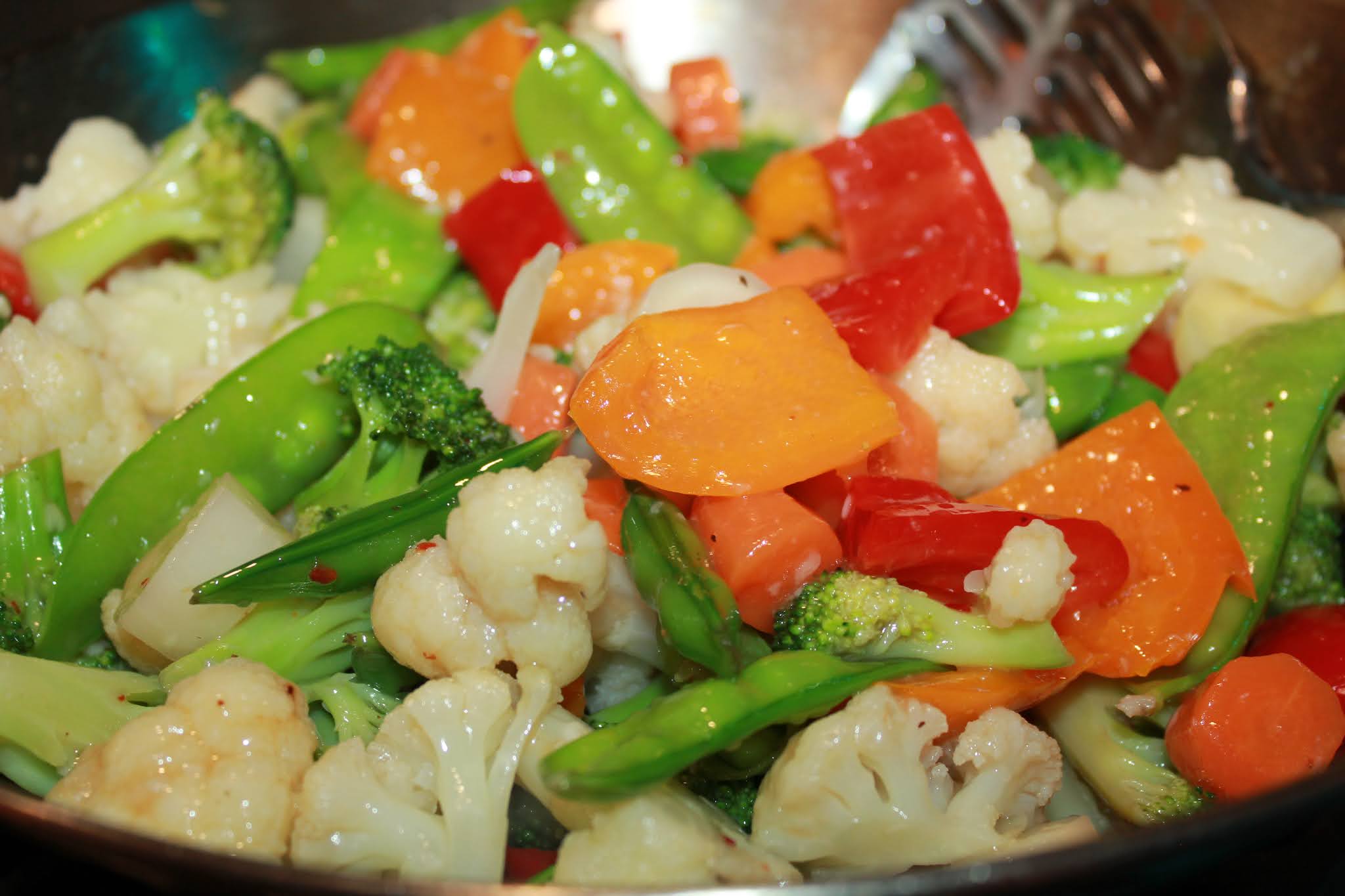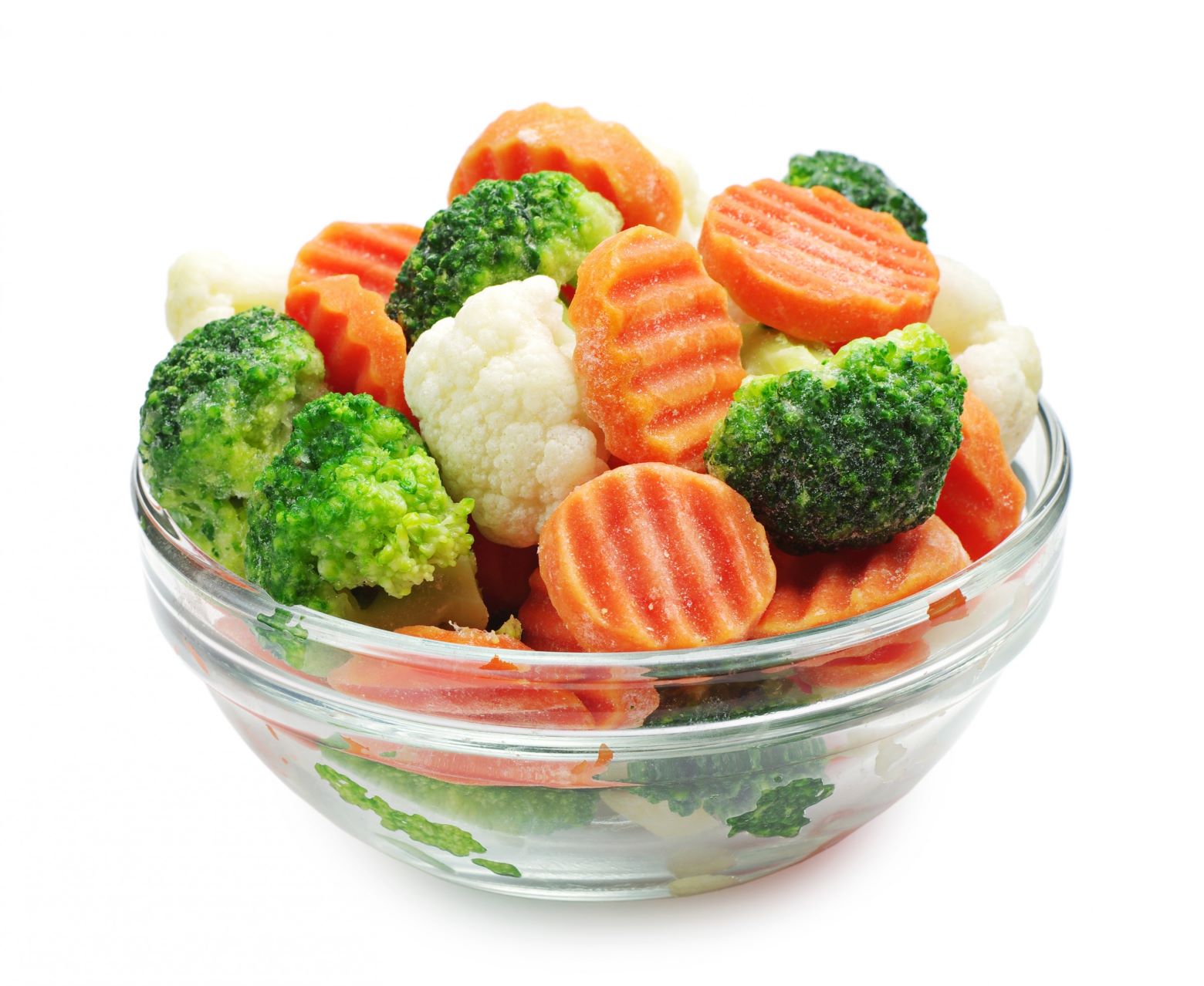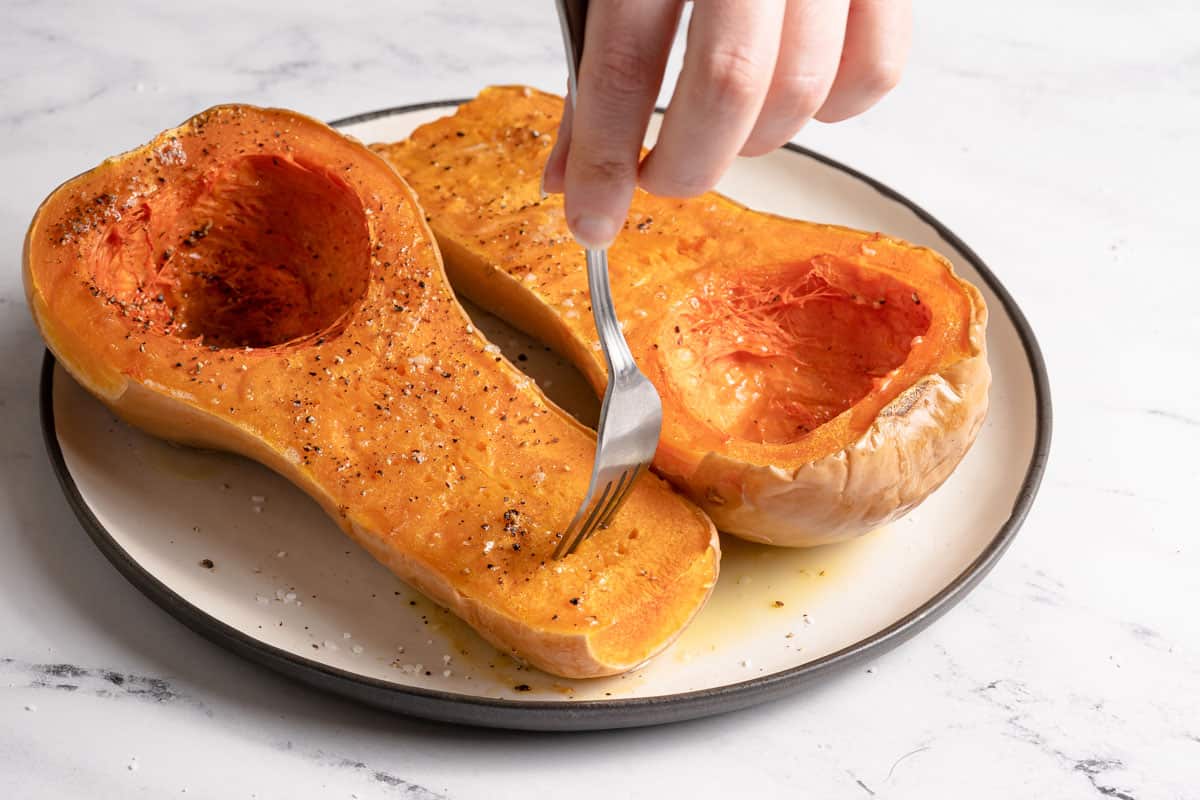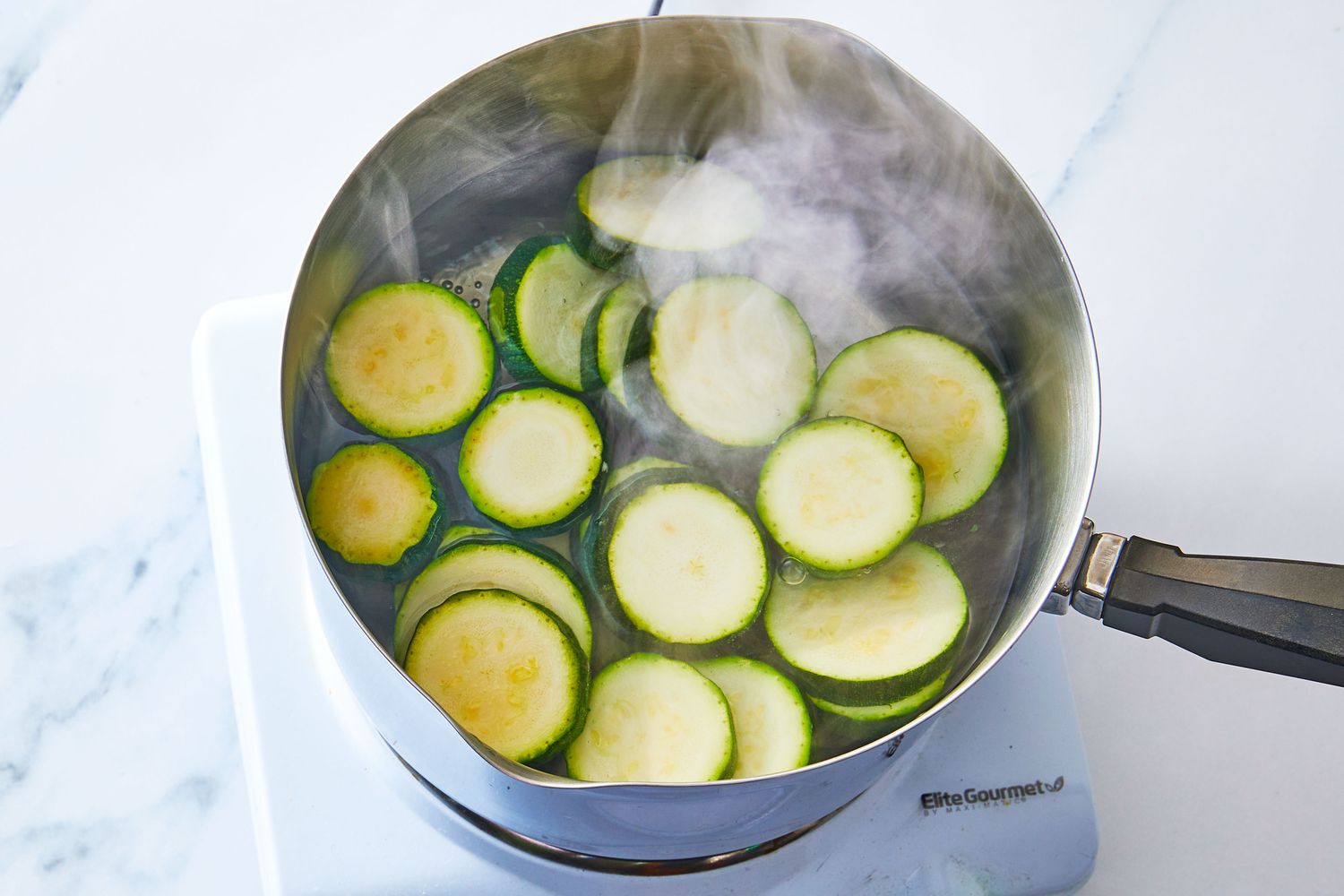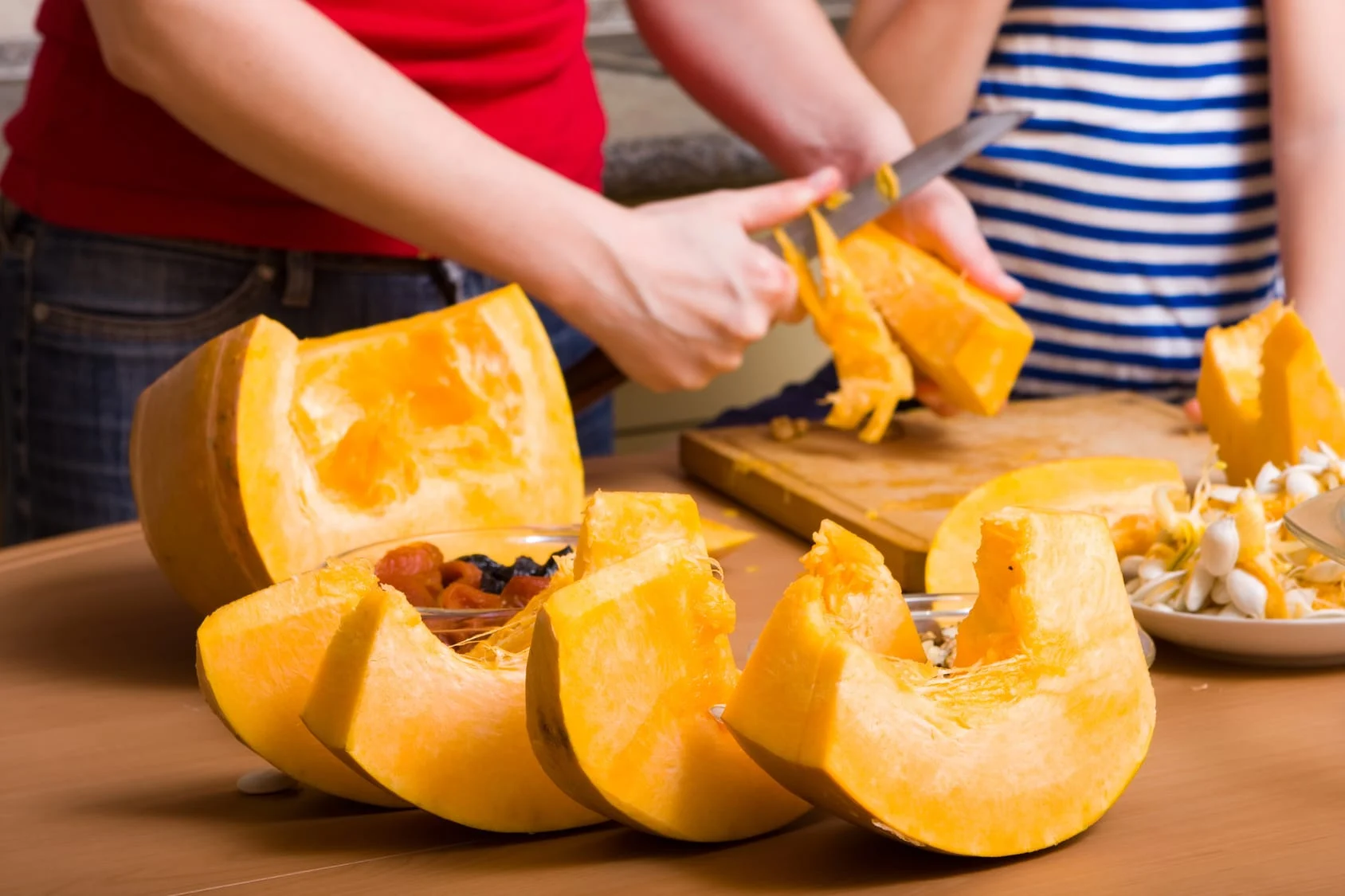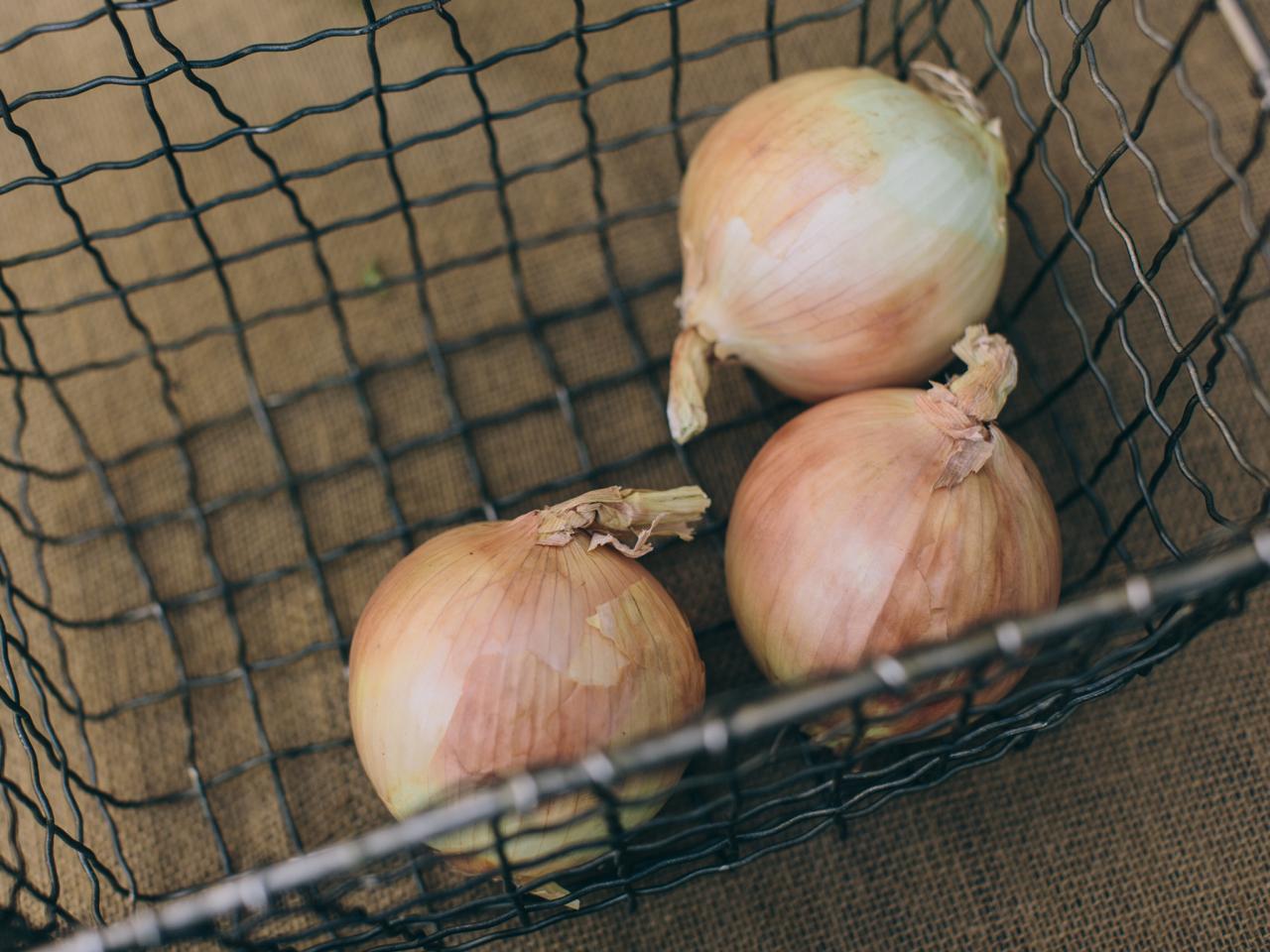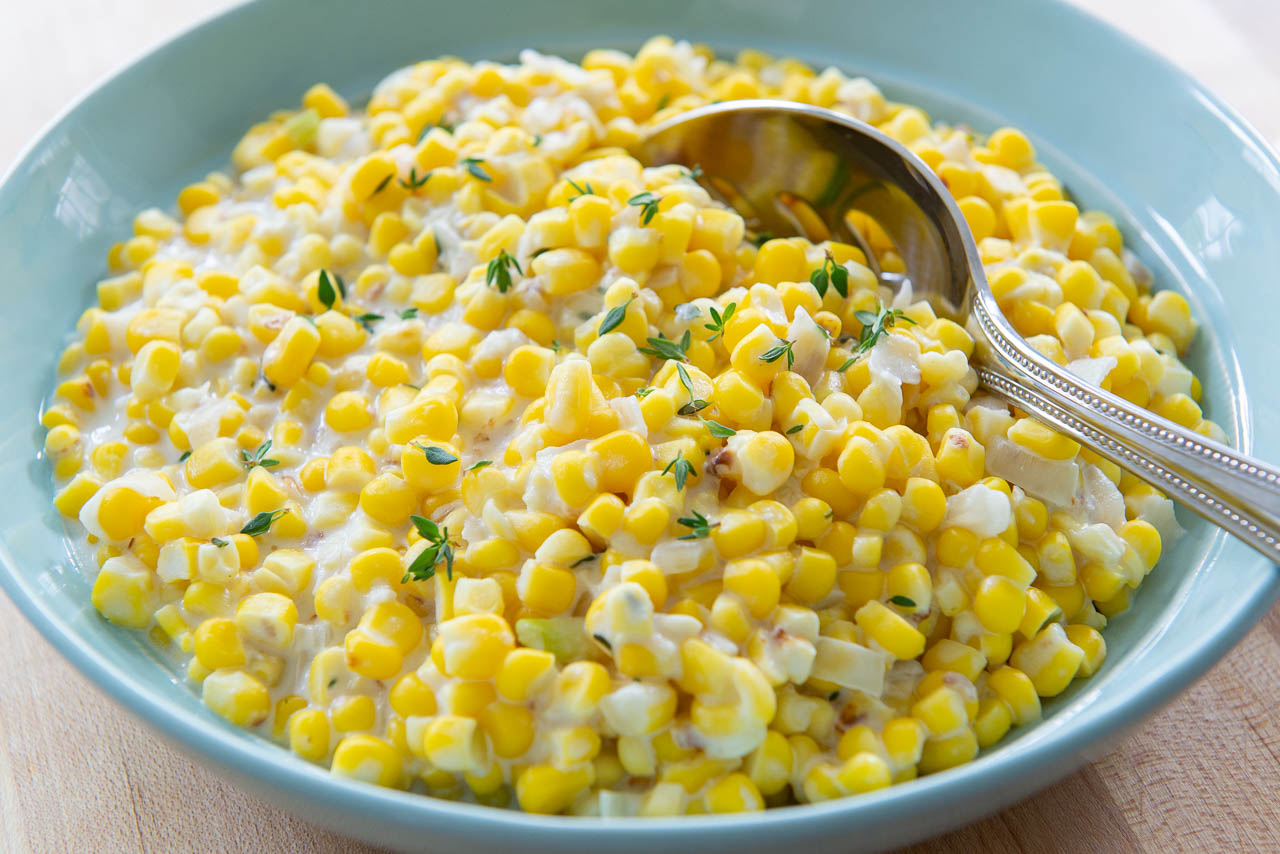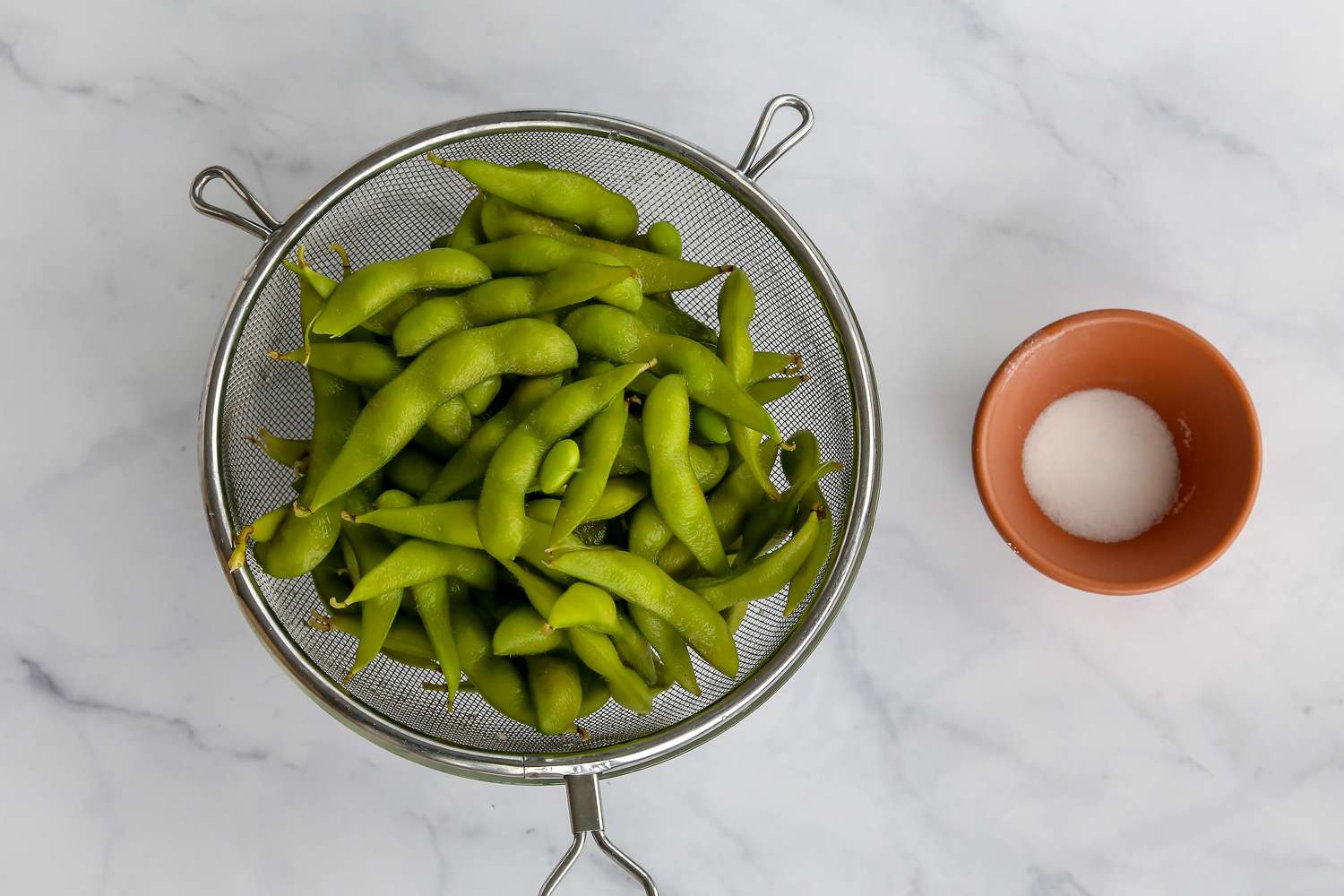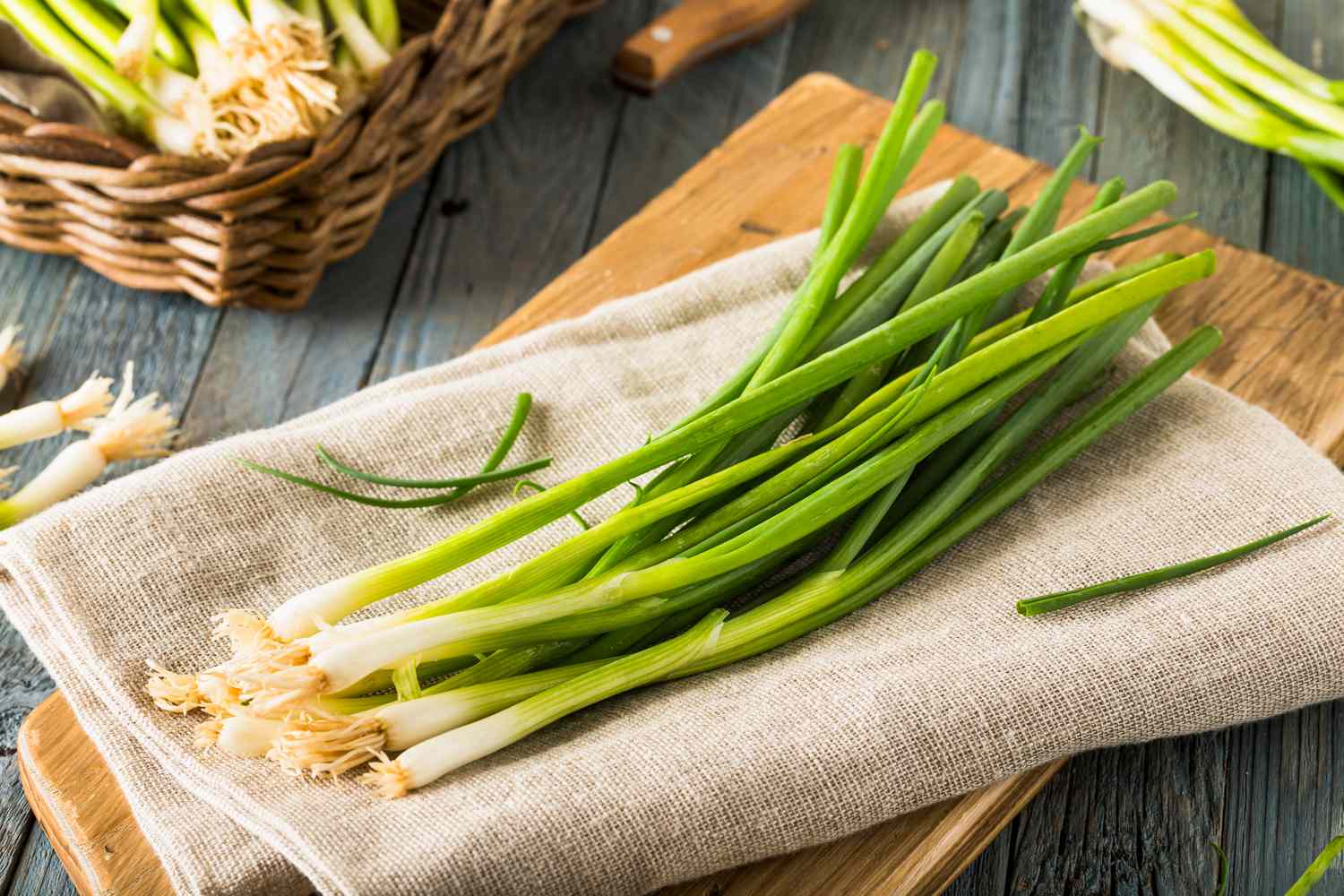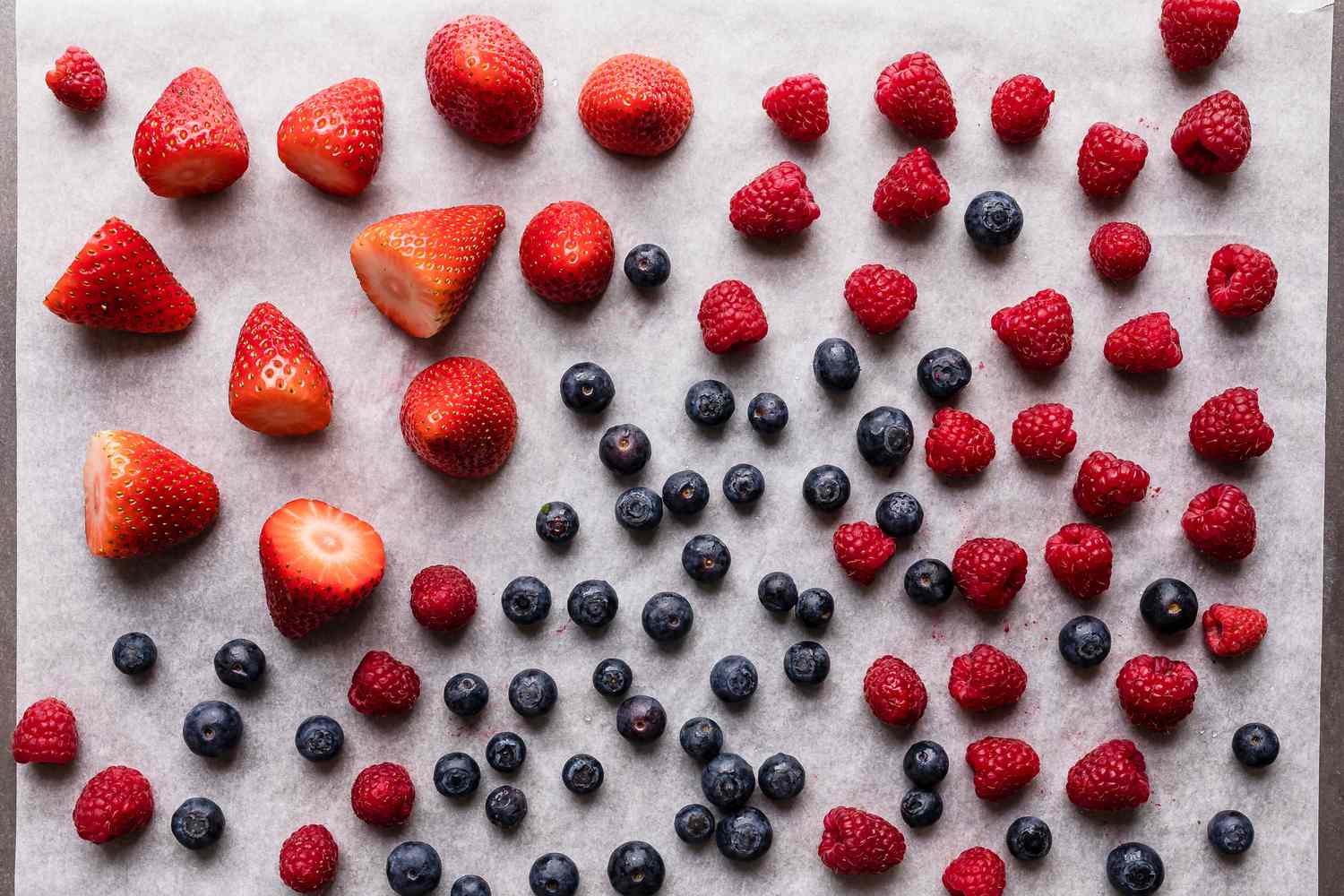Preserving the Freshness: How to Blanch and Freeze Bok Choy
When it comes to enjoying the crisp, leafy goodness of bok choy all year round, blanching and freezing is the way to go. This simple preservation method allows you to lock in the vibrant color and nutrients of bok choy, ensuring that you have a stash of this versatile vegetable on hand whenever you need it. Whether you have an abundance of bok choy from your garden or found a great deal at the farmer’s market, blanching and freezing bok choy is a game-changer for keeping it fresh and ready to use.
Why Blanch and Freeze Bok Choy?
Blanching is a crucial step in the freezing process as it helps to preserve the flavor, texture, and nutritional value of bok choy. By quickly immersing the bok choy in boiling water and then transferring it to an ice bath, you halt the enzyme activity that can cause the vegetable to deteriorate over time. Freezing the blanched bok choy then allows you to store it for an extended period without compromising its quality.
Step-by-Step Guide to Blanching and Freezing Bok Choy
Follow these simple steps to blanch and freeze bok choy for long-term storage:
- Prepare the Bok Choy: Start by washing the bok choy thoroughly to remove any dirt or debris. Trim off the ends and separate the leaves from the stalks.
- Boil the Water: Fill a large pot with water and bring it to a rapid boil.
- Blanch the Bok Choy: Carefully add the bok choy leaves to the boiling water and let them cook for 2 minutes. For the stalks, allow them to blanch for 3 minutes to ensure they are tender.
- Ice Bath: Using a slotted spoon, transfer the blanched bok choy to a bowl of ice water to stop the cooking process. Let them cool for the same amount of time they were blanched.
- Drain and Dry: Once cooled, remove the bok choy from the ice water and pat them dry with a clean kitchen towel or paper towels.
- Freeze: Arrange the blanched and dried bok choy on a baking sheet in a single layer and place it in the freezer. Once frozen, transfer the bok choy to airtight containers or freezer bags for long-term storage.
Tips for Freezing Bok Choy
Here are some additional tips to ensure that your frozen bok choy stays fresh and flavorful:
- Labeling: Be sure to label your containers or bags with the date of freezing to keep track of freshness.
- Remove Air: When using freezer bags, squeeze out as much air as possible before sealing to prevent freezer burn.
- Storage Time: Frozen bok choy can be stored for up to 12 months, but for the best quality, aim to use it within 6 months.
- Usage: Frozen bok choy is best used in cooked dishes such as stir-fries, soups, and stews, as the texture may change after freezing.
Enjoying Your Frozen Bok Choy
Now that you have a stash of blanched and frozen bok choy in your freezer, you can easily incorporate this nutritious vegetable into your favorite recipes throughout the year. Whether you’re whipping up a quick stir-fry or adding bok choy to a comforting soup, having it on hand means you can enjoy its delightful crunch and mild flavor whenever the craving strikes.
By following these simple steps to blanch and freeze bok choy, you can savor the taste of this versatile vegetable long after its growing season has passed. With a little bit of preparation and the right techniques, you can enjoy the benefits of bok choy in your culinary creations whenever you please.
For anyone looking to make the most of their freshly blanched and frozen bok choy, there are some fantastic recipes to try out. The Chicken and Bok Choy Stir-Fry Recipe is a quick and delicious way to incorporate this versatile green into your meals. If you're in the mood for something warm and comforting, the Bok Choy and Mushroom Soup Recipe is a great choice, offering a rich and earthy flavor profile. For a bit of a twist, the Shrimp and Bok Choy Fried Rice Recipe combines the crunch of bok choy with the savory taste of shrimp, making for an irresistible dish. Lastly, the Garlic Bok Choy Sauté Recipe keeps it simple but incredibly flavorful, perfect as a side or a light main dish. These recipes are not only delicious but also make excellent use of your blanched and frozen bok choy.
